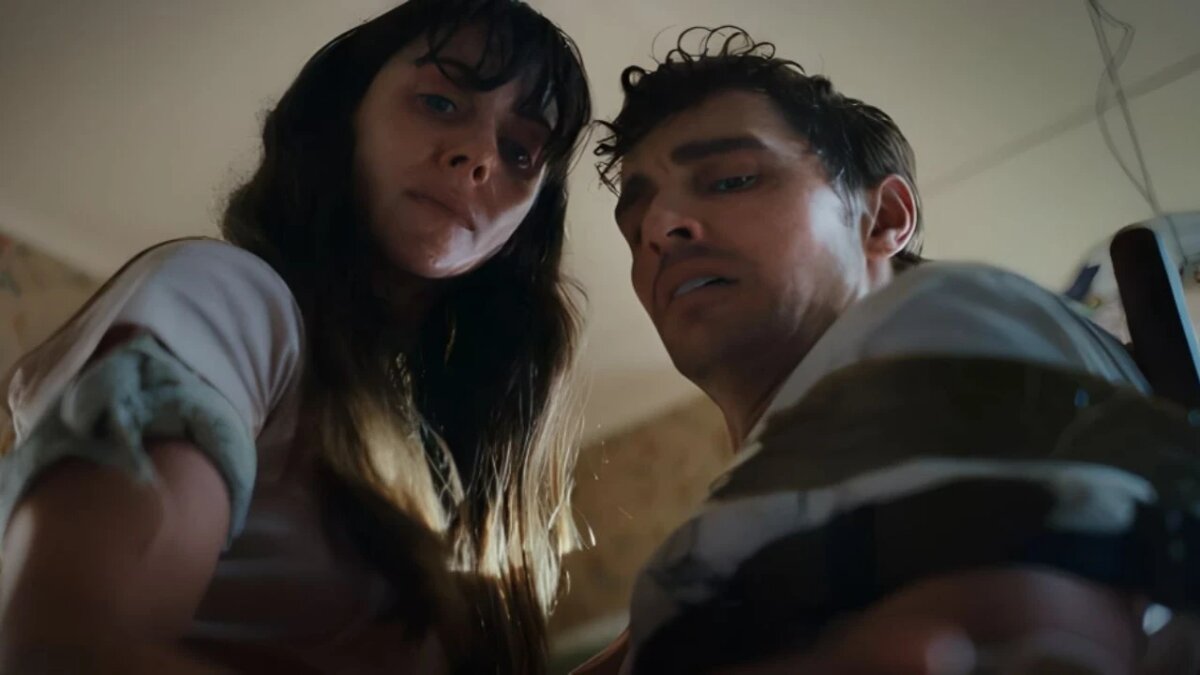The legal team behind Dave Franco and Alison Brie’s upcoming film Together is strongly denying claims that the movie plagiarized the 2023 indie film Better Half, calling the lawsuit completely without merit. According to them, the two films aren’t even in the same category, and any surface-level similarities are either purely coincidental or based on general ideas that no one can legally own. Together, which premiered at Sundance earlier this year and was sold to Neon for a reported $17 million, is set to hit theaters on July 30. But the buzz has been complicated by a copyright lawsuit filed by Better Half producers, who allege the film is a near-copy of their work.
The heart of the dispute is the concept of a couple mysteriously stuck together by some unknown force. But attorneys for Together argue that this idea is not original to either film and has been used in various forms of media for years. In a letter obtained by Variety, Together‘s attorney Nicolas Jampol emphasized that general ideas like this aren’t protected under copyright law and pointed out that while Better Half is a quirky romantic comedy, Together is a much darker, more intense supernatural thriller. He stressed that the tone, genre, and overall storylines are completely different.
Jampol also provided a timeline meant to undermine the accusation of theft. He said that Together’s screenwriter, Michael Shanks, registered a draft of the script with the Writers Guild of America back in 2019, which would have been before Better Half’s script was ever submitted to Brie and Franco’s agency in 2020. This timing, they argue, proves that the core elements of Together existed long before the plaintiffs claim they could have been copied.
Still, the producers of Better Half, Jess Jacklin and Charles Beale, claim that Together doesn’t just borrow the basic premise—it allegedly lifts very specific scenes and cultural references. They’ve pointed to particular details, like nods to the Spice Girls and the philosophical text Plato’s Symposium, which they say were signature touches in their script. They were reportedly shocked after watching Together at Sundance and felt it contained near-identical moments, especially one in which characters are stuck at the genitals and hide from a romantic rival outside a bathroom—an unusual and specific scenario they believe proves their point.
Jampol responded that such references aren’t as unique as the plaintiffs suggest, noting for example that the Spice Girls reference is hardly obscure, since their hit song “2 Become 1” fits the theme of being physically connected. He also criticized the lawsuit as careless and harmful, especially when aimed at people known for original storytelling. He called on the plaintiffs to drop the case, warning that if it moves forward, the defense will push for them to cover legal fees.
Plaintiffs’ attorney Daniel Miller, however, remains confident that the similarities are too striking to be brushed off. He challenged the defense’s refusal to release the 2019 script draft they say proves originality and claimed that a jury would easily spot what he believes is a clear case of copying. For now, the legal battle continues to escalate, and with both sides firmly entrenched, it may be up to a courtroom to decide whether this is a case of coincidence—or something more serious.


